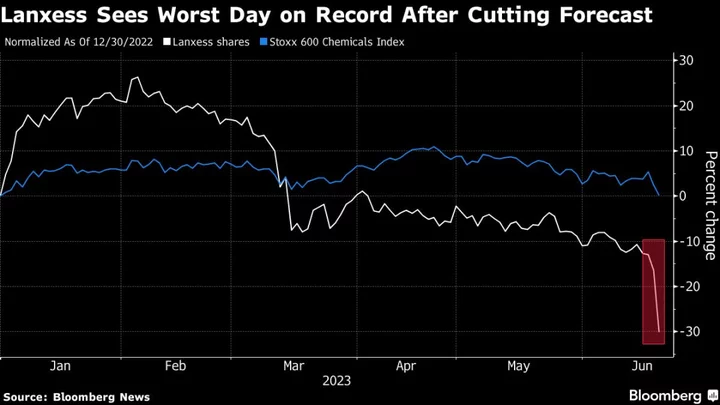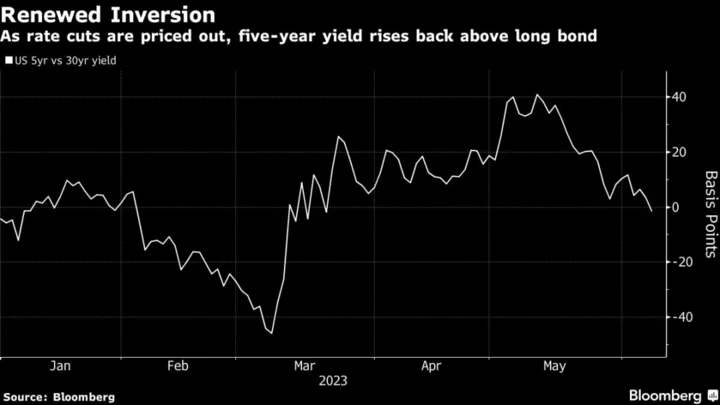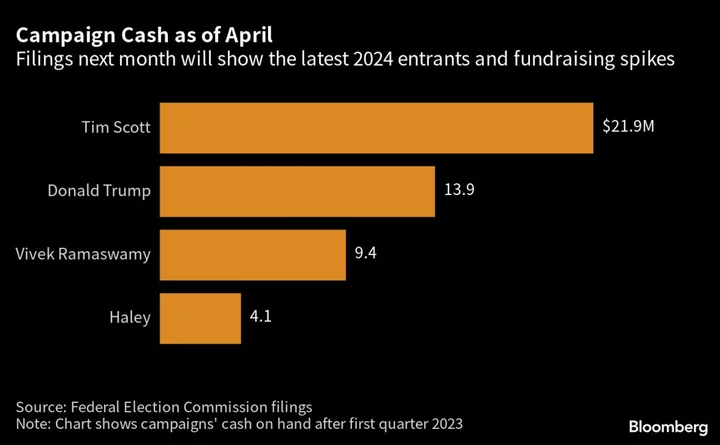Lanxess AG’s stock slumped the most on record after the German chemical company said weak demand from its industrial customers will weigh on earnings this year, dragging rivals lower as well.
Shares of the Cologne-based specialty chemicals maker slumped as much as 18% in Frankfurt. Peer Covestro AG fell 7.8% and Wacker Chemie AG dropped 5.6%, pushing the Stoxx 600 Chemicals Index down 1.9%, close to a six-month low.
The warning adds to investor concern that economies around the world are headed for a recession, weighed down by a year-long campaign by central banks to combat inflation by raising interest rates. The industrial companies that buy Lanxess chemicals have been left with too much inventory, it said.
“Generally very weak demand combined with continued customer destocking effects already seen in the first quarter lasted into the second quarter and are ongoing,” Lanxess said in a statement, noting weakness in the construction industry, electronics as well as in “usually stable” consumer-related products. The company said it expects the weakness to persist in the second half of the year.
Lanxess joins a roster of chemical producers warning of a tough year. Croda International Plc of the UK recently gave a disappointing outlook, flagging a hit from customers reducing their inventories, while Cabot Corp. in the US slumped after abandoning its full-year guidance amid soft demand globally. Victrex Plc in May reported results that missed analyst estimates. Elsewhere, fertilizer maker K+S AG cut its outlook on depressed potash prices.
Production in Germany’s chemical sector is on a downward slide in the wake of high energy prices sparked by Russia’s war in Ukraine with output from firms like BASF SE and Covestro remaining around 20% below historical levels in the first few months of 2023, according to a survey from the VCI chemical association.
Croda, Victrex and Lanxess all delivered a similar message on weak industrial demand, especially in construction, with inventory reductions lasting into the second half, Morgan Stanley analyst Jonathan Chung wrote in a note.
“We think these trends will also negatively affect the rest of the specialty chemicals companies, particularly those who are more geared to industrial and construction,” he said.
(Updates with German chemical output in sixth paragraph)









